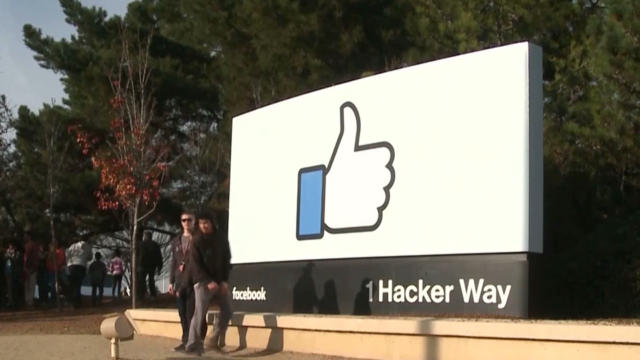Taking a beating on the stock market and in the court of public opinion. In recent weeks Facebook and Twitter have lost millions of dollars and millions of accounts.
CGTN’s Mark Niu reports.
“I think part of it is a shift in consumer behavior away from these sort of public broadcasting into intimate private messaging,” said Matt Swanson, Managing Partner of Silicon Valley Software Group.
Swanson is also a serial tech startup founder.
He said even though Facebook’s growth is slowing, many users have shifted their attention to apps like Instagram and WhatsApp — both of which are owned by Facebook.
“We’re seeing a shift into these new channels, but again Facebook owns them,” Swanson said. “We’re going to see Facebook have to figure out how to monetize in these channels. They’ve been strategic in how they have maintained the channels that consumers are flocking too. Twitter doesn’t have a similar story.”
“Twitter’s problem is their user accounts are dropping and they are basically in a fight for what is news and what is authentic,” said Ray Wang, Principal Analyst at Constellation Research.
Twitter, and Facebook too, recently had to purge millions of fake accounts.
“Is it their job to police speech? Is it their job to provide a safe environment? I think they are grappling with that,” said Wang. “But by reeling in a lot of fake accounts, a lot of bot accounts, what they were able to do is address a big portion of the problem.”
Facebook has been raked over the coals over privacy scandals like when the firm Cambridge Analytica gained access to the private information on up to 87 million Facebook users. And now it has to contend with the new General Data Protection Rules from the European Union, which sets out stiff fines for companies failing to gain sufficient consent to use a customer’s data.
“Facebook’s fundamental problem is the fact that they’ll be doing apology tours for quite some time if they believe that data is free and that privacy does not exist,” said Wang. “And I think those are the two things that power what they do. Now on the other hand, it’s a free service. You are paying with your data, so it’s not really a free service but that’s what their understanding is.”
“Facebook did this with their users — ask them for alternative business models in the backlash from their data privacy,” said Swanson. “And It was almost an infinitesimally small number of people who were even willing to pay a dollar a year for the service.”
As he scrolls through his Facebook account, Swanson is amazed out how many ads now show up in his feed. He counts one in almost every six posts. Behind each of those ads is personal data that’s been collected and used to target a user.
Ironically, what fuels a social media giant’s success is also the same thing some investors believe could lead to its downfall if not handled properly.
 CGTN America
CGTN America

